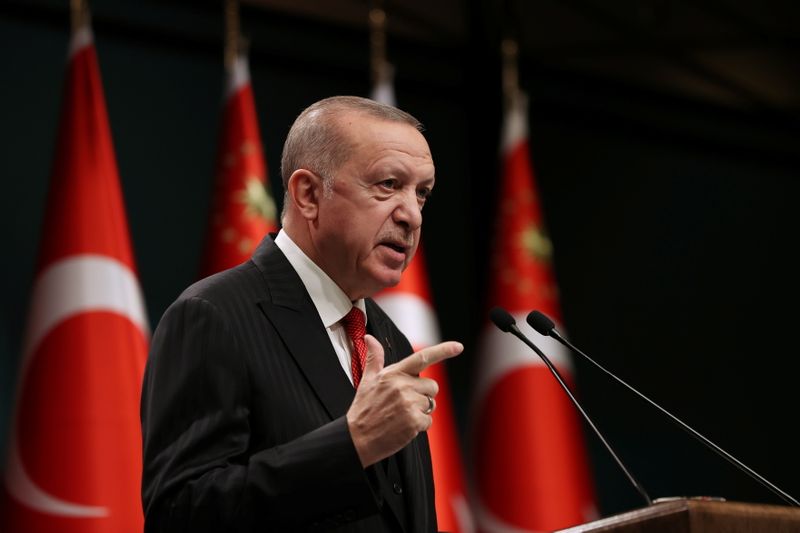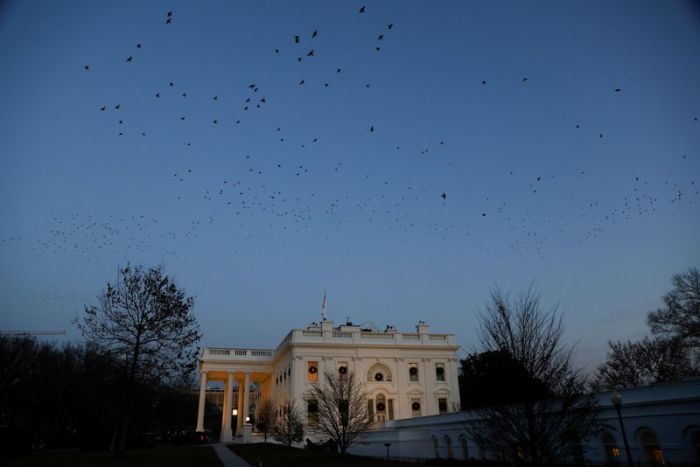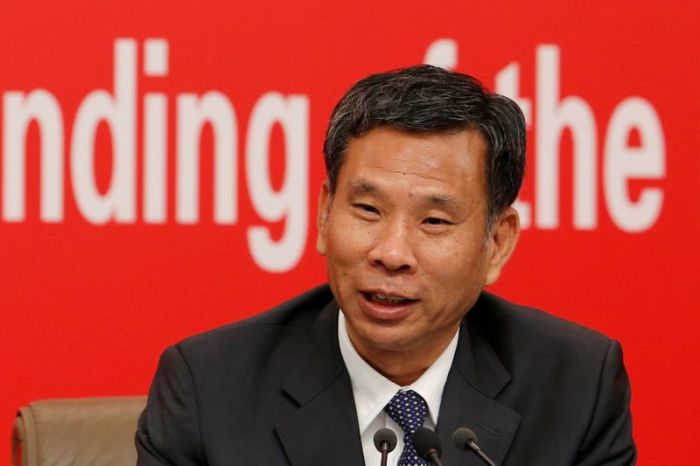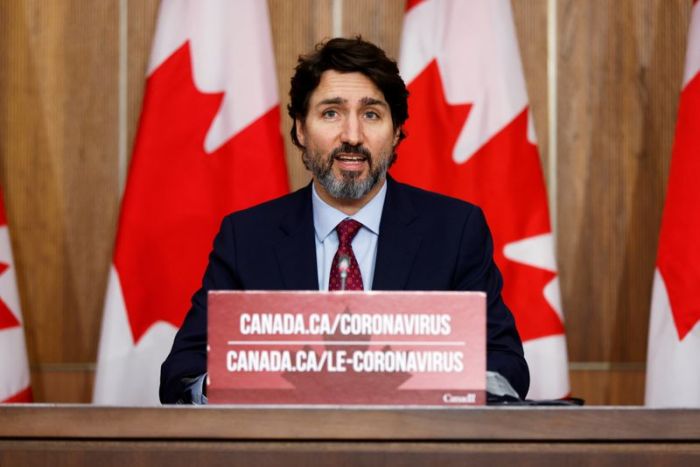ISTANBUL (Reuters) – President Tayyip Erdogan said on Friday U.S. sanctions over Turkey’s purchase of Russian S-400 missiles would be disrespectful to a NATO ally, after sources said Washington was poised to take the step likely to further strain relations.
The report of imminent U.S. sanctions targeting Turkey’s defence industry over missiles comes as EU leaders at a summit discussed separate sanctions against Turkish officials over gas exploration in disputed parts of the Mediterranean.
Both developments — examples of Erdogan’s long-strained relations with Western allies — have caused anxiety among investors. The U.S. moves, earlier than expected and potentially wider in scope, are likely to have the greater immediate impact.
The lira tumbled nearly 2% after Reuters cited sources saying U.S. sanctions are set to be announced as soon as Friday. The currency later rebounded as investors weighed up the impact.
The U.S. measures under the Countering America’s Adversaries Through Sanctions Act (CAATSA) would be enacted by U.S. President Donald Trump as President-elect Joe Biden prepares to take office on Jan. 20.
“For America to get up and confront Turkey with a matter like CAATSA is disrespectful to a very important NATO partner,” state-owned Anadolu agency cited Erdogan as saying.
In a later speech to officials from his AK Party, Erdogan took a more conciliatory tone, calling on both U.S. and EU politicians to “break from the influence of anti-Turkey lobbies”.
“There are no issues that we cannot solve with dialogue and cooperation,” he said.
The lira, which has hit a series of record lows and is among the worst performers in emerging markets this year, weakened past 8 to the dollar for the first time in two weeks. By 1226 GMT it had rebounded to 7.89, flat on the day.
A 25% currency depreciation has worsened economic fallout from the coronavirus pandemic this year.
Ankara acquired the S-400 ground-to-air defences in mid-2019 and says they pose no threat to NATO allies. Washington disagrees, and last year removed Turkey from an F-35 jet programme.
‘DEEP CRISIS’
Two sources familiar with the matter, including a U.S. official speaking on the condition of anonymity, told Reuters Trump had given aides his blessing for the sanctions.
He would likely need to select from a list of 12 CAATSA options ranging from mild to harsh.
Even mild U.S. sanctions would further roil U.S.-Turkish relations that “have been in deep crisis for quite some time” over a range of other issues, said Galip Dalay, fellow at Robert Bosch Academy. “Domestically it will increase further anti-Americanism… and it is unlikely to change Turkish policy.”
Erdogan was quoted by Turkish media as saying he had no problems during Trump’s four years in office and that Biden also knows him well.
A treasury desk trader at one bank said the simultaneous U.S. and EU moves were negative but would not directly harm the Turkish economy in the short term, and have only a limited market impact if they remain mild.
The economy has slumped badly twice in as many years. The lira rebounded from a record low of 8.58 last month after Erdogan replaced top economic policymakers and pledged a new market-friendly era.
Timothy Ash at Blue Bay Asset Management said Trump would be expected to choose lighter sanctions and “clear the air” for Biden to reset relations. “Surely it can only get better from here,” he said.
In Brussels, EU leaders agreed a statement paving the way to punish individuals accused of planning or taking part in what the bloc says is unauthorised drilling off Cyprus. They shied away from a threat in October to consider wider measures.
Turkey, which says it is exploring for hydrocarbons in waters within its rights, called the EU approach “biased and illegal”.
(Additional reporting by Nevzat Devranoglu, Tuvan Gumrukcu and Ezgi Erkoyun in Turkey and Marc Jones in London; Writing by Daren Butler and Jonathan Spicer; Editing by Dominic Evans, Mark Heinrich and Peter Graff)
























